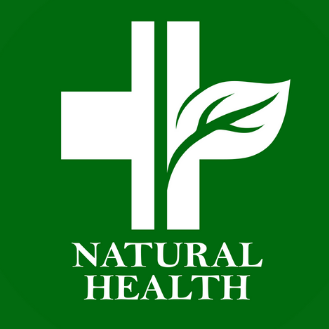Quercetin and Allergies Simplified
Dealing with allergies can feel like a never-ending battle. Sneezing, itchy eyes, and congestion seem to show up uninvited at the worst times. But what if nature has already provided a helping hand? Meet quercetin—a natural compound that might just become your new best friend in allergy relief. Let's break it down together.
What Is Quercetin, Anyway?
Think of quercetin like a superhero plant pigment (called a flavonoid) that not only makes fruits and veggies look colorful but also packs some serious health benefits. You’ll find it naturally in foods like onions, apples, berries, and citrus fruits—or you can snag it as a dietary supplement if you’re looking for an extra boost.
Why Is Quercetin Getting All This Hype?
It’s simple. Quercetin works hard behind the scenes as a powerful antioxidant, helping your body fight damage caused by free radicals (tiny troublemakers that can harm cells). Even better, it’s anti-inflammatory, meaning it can help calm parts of your immune system when they overreact—like during an allergy attack.
How Does Quercetin Help with Allergies?
Here’s where quercetin gets extra cool. When allergens like pollen or pet dander hit your system, your body releases something called histamines. These histamines cause classic allergy symptoms like sneezing and watery eyes. Quercetin works like a natural antihistamine by blocking histamine release and taming inflammation. It helps take the edge off those annoying symptoms.
What Types of Allergies Can Quercetin Help?
Quercetin has shown promise with various allergies, including:
Seasonal allergies (hay fever): Say goodbye to sneezing and itchy eyes during springtime.
Allergic rhinitis: Help for those plagued by nasal congestion from dust, pet dander, or mold.
Allergic asthma: While not a replacement for medical treatments, quercetin may reduce airway inflammation and complement your asthma plan.
The Benefits Don’t Stop There
On top of allergy relief, quercetin is kind of an overachiever. Research suggests it might help with heart health, lower blood pressure, improve exercise performance, and support brain health. It’s like a one-stop shop for wellness.
How to Use Quercetin for Allergy Relief
Want to give quercetin a try? Here’s how you can make it part of your allergy management:
Start with your diet: Load up on quercetin-rich foods like apples, onions, and berries for a natural dose.
Try supplements: If you need more support, you can find quercetin in capsules or tablets. Most people start with 500-1,000 mg per day, but check with your doctor first. Also, look for those with superior delivery systems that don't require a bunch of extra ingredients to increase absorbency.
Pair it with meals: Taking quercetin with food can improve absorption and minimize any risk of an upset stomach.
Is Quercetin Safe?
For most people, quercetin is safe when used correctly. Mild side effects, like an upset stomach, can sometimes happen but are rare. Be cautious, though, if you’re on medications like blood thinners or antibiotics—talk to your healthcare provider first.
Final Thoughts
Quercetin might not be a magic cure for allergies, but it’s a promising natural option to help you breathe easier and feel more comfortable during allergy season. Whether you add more quercetin-rich foods to your plate or try a supplement, this little flavonoid could make a difference.
If you’ve been battling allergy symptoms, why not give quercetin a shot? Your next sneeze-free day might just be one step closer! 😊
**We are happy to provide our opinion on diet and nutrition, supplements and lifestyle choices. This information is for educational purposes only. It is not meant to replace the advice of your physician and is not to be considered medical advice, diagnosis or treatment. Should you have any concerns please contact your physician directly. **



